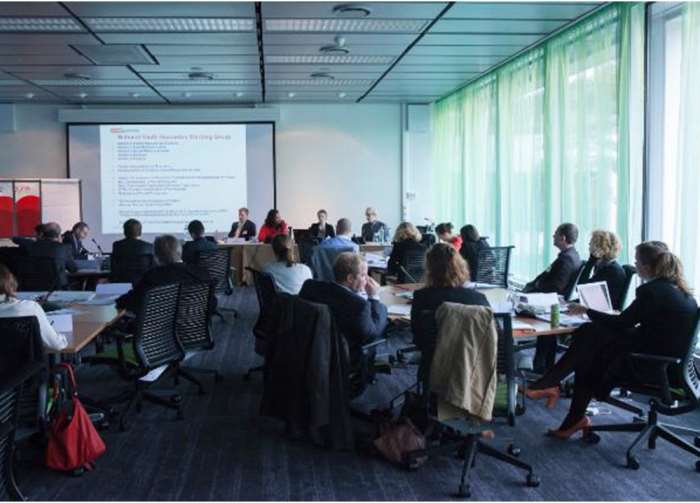The European Commission and Member States gathered together to discuss practical implementation of the Youth Guarantee at a seminar organised by the Commission in La Hulpe, Belgium on 17-18 October.
The event formed part of an on-going programme set up by the Commission to help Member States design and develop their national Youth Guarantee schemes, which also includes technical support and financial assistance.
The Youth Guarantee aims to tackle youth unemployment by ensuring that every young person under 25 receives a good quality offer of a job, continued education, an apprenticeship or a traineeship within four months of leaving school or becoming unemployed.
Every EU country has endorsed the principle of the Youth Guarantee, and must now submit a Youth Guarantee Implementation Plan setting out how the scheme will function in practice and be financed.
In particular, each Youth Guarantee Implementation Plan should set out:
- the roles of public education and employment authorities , youth organisations, employees and employers’ representatives
- the structural reforms and other initiatives which will be launched in order to set up the Youth Guarantee
- how the Youth Guarantee will be financed, in particular through the support of the Youth Employment initiative and the European Social Fund (ESF)
- a timetable for implementation and monitoring progress.
The European Social Fund, which will be worth more than €10 billion every year from 2014-2020, can help EU countries to set up Youth Guarantee schemes.
Those Member States with regions of youth unemployment above 25% are eligible for additional EU funding through the €6 billion Youth Employment Initiative (which could be scaled up to €8 billion later).
Member States eligible for this additional funding must submit Youth Guarantee Implementation Plans before the end of this year.
Other Member States have until mid-2014 to submit their plans. Three Member States (the Czech Republic, Croatia and Poland) have already submitted first draft implementation plans.
